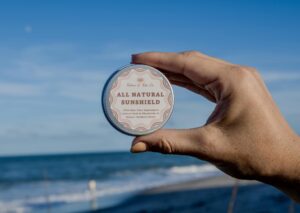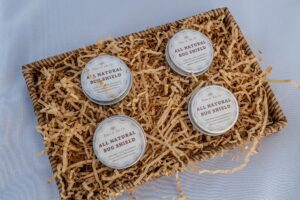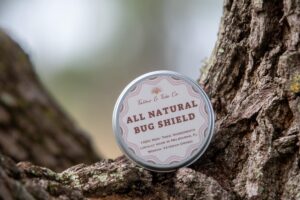
How To Protect From Sun While Playing Golf
Golf is a sport that brings joy
In recent years, natural skincare alternatives have gained increasing attention, and among them, beef tallow has re-emerged as a powerful traditional remedy. As consumers become more wary of synthetic ingredients and more curious about ancestral skincare methods, a central question arises: is beef tallow good for sun protection? This article dives deep into the relationship between beef tallow and sun exposure, exploring its protective potential, how it interacts with UV rays, and its suitability for daily skincare use under the sun.

Beef tallow is rendered fat from cattle, typically sourced from suet, the fat surrounding the kidneys. Rich in fat-soluble vitamins A, D, E, and K, beef tallow closely mirrors the lipid profile of human skin. This compatibility makes it an excellent moisturizer, promoting skin barrier integrity and nutrient absorption. Historically, beef tallow was used in balms and ointments for healing and skin nourishment long before commercial lotions filled the market.
The skin’s barrier function is our first line of defense against environmental stressors—including UV radiation. Moisturizers that reinforce the skin barrier can enhance its resilience to sun damage. While beef tallow does not contain SPF in the same way that zinc oxide or titanium dioxide does, its protective properties are tied to its ability to strengthen and nourish the skin’s natural defenses.
The vitamins found in beef tallow play an important role in mitigating oxidative stress caused by sun exposure. Vitamin E, for example, is a well-documented antioxidant that helps neutralize free radicals created by UV rays. Vitamin A promotes cellular regeneration, which may help repair sun-damaged skin. Together, these vitamins contribute to a healthier skin environment that is more resistant to sun damage over time.
Vitamin D, synthesized naturally in the skin through sunlight exposure, is also present in beef tallow. Although topical application of vitamin D doesn’t replace internal synthesis, it may contribute marginally to skin nourishment and recovery post-sun exposure.

It’s important to distinguish between physical UV blockers and ingredients that support the skin’s natural defenses. Beef tallow is not a substitute for conventional sunscreen; it does not reflect or absorb UV rays in the way minerals like zinc oxide do. However, its role in sun protection may lie more in prevention of sun damage through indirect means—hydration, reduced inflammation, and antioxidant activity.
According to a 2011 study published in the Journal of Dermatological Science, maintaining a healthy skin barrier is critical in reducing trans-epidermal water loss and inflammation caused by UV radiation. By supporting the skin barrier and acting as an emollient, beef tallow may reduce the severity of sun-related irritation when used in combination with standard sun protection practices.
Some artisan skincare brands, including Tallow & Tide Co, have developed tallow-based products that include other natural oils known for mild UV protective properties. For example, raspberry seed oil and carrot seed oil, when blended with beef tallow, can contribute to a nourishing base for sun care formulations. These oils have been studied for their natural SPF values—although they should not be relied on solely for full sun protection.
Such blends allow for a daily-use balm that supports the skin without introducing synthetic ingredients. While these ingredients provide holistic skin benefits, they are not regulated as SPF-rated sunscreens unless formally tested and labeled as such. It’s essential for consumers to continue using broad-spectrum SPF products for prolonged sun exposure.

Incorporating beef tallow into your skincare routine can be a beneficial way to support your skin’s health, especially if you spend time outdoors. It is best used:
Apply a thin layer of tallow balm after cleansing the face in the morning, allowing it to absorb fully before layering sunscreen. In the evening, it can be applied again as a restorative treatment.
So, is beef tallow good for sun protection? While it does not replace SPF or act as a UV filter, beef tallow supports the skin’s barrier function, enhances moisture retention, and delivers essential vitamins that may reduce the cumulative effects of sun damage. When used in conjunction with traditional sunscreens, it can be a powerful ally in a holistic sun care routine.
To explore beef tallow skincare solutions made with real ingredients and intention, visit Tallow & Tide Co’s collection of handcrafted products.

Golf is a sport that brings joy

Winter brings a magical transformation to the

Bug bites are a common annoyance that

In recent years, natural skincare alternatives have